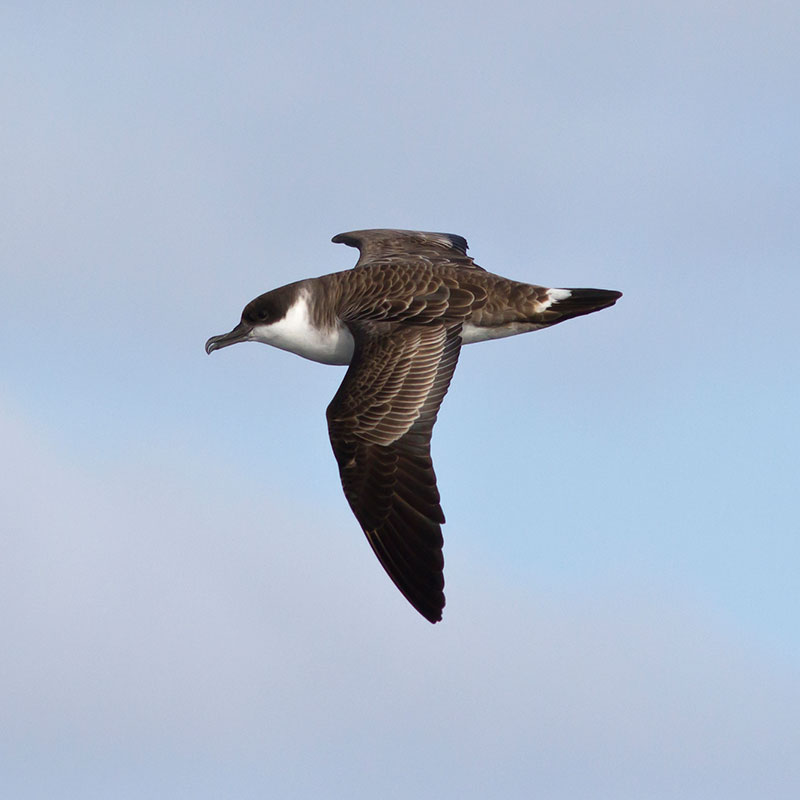AMBC actions are guided and implemented through topic-based working groups comprised of AMBC members with common interests and expertise. Working groups generally meet at annual AMBC meetings and additional engagements arranged by group leads. Working groups are always open to new members.
Contact a group lead to get involved!
Active Working Groups
Bycatch
Coordinator: Caleb Spiegel · caleb_spiegel@fws.gov
Focuses
- Better understanding interactions between northwest Atlantic fisheries and birds that most frequently lead to marine bird mortality (species, gear type, locations, times of year)
- Working with managers to fill informational gaps related to marine bird bycatch,
- Identifying and testing feasible bycatch mitigation measures, and
- Disseminating effective outreach and education strategies
Representative Actions
The group contributed to a draft plan in 2011 for addressing and reducing marine bird bycatch in US Atlantic Fisheries, helped organize a 2015 workshop (hosted by American Bird Conservancy and BirdLife International) aimed at reduction of bycatch of birds and other marine wildlife in gillnets, and tested alternative gear (visual and acoustic deterrents) to reduce bird-fishery interactions.
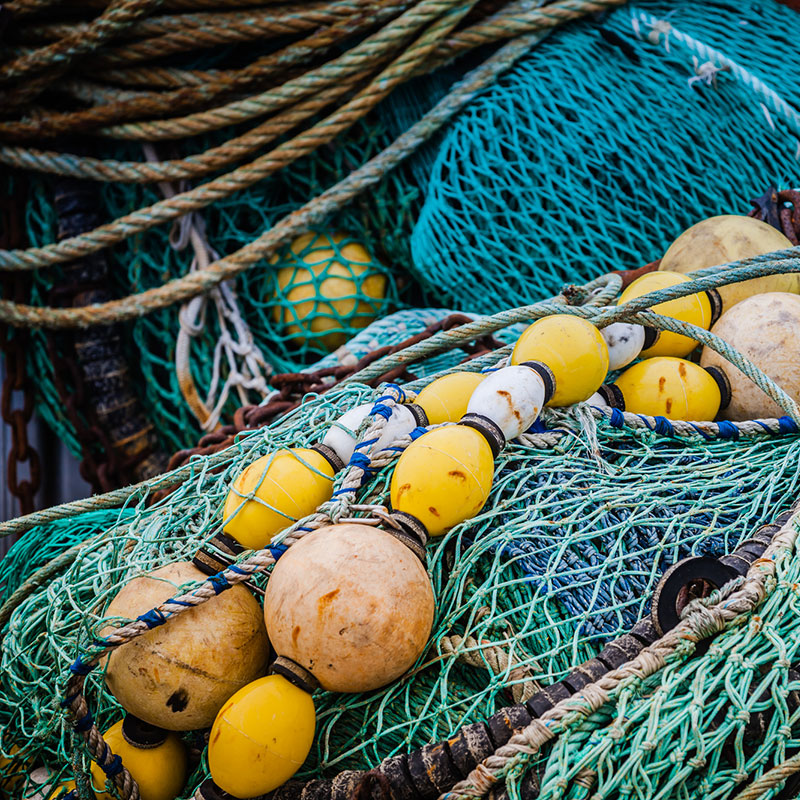
Community Science & Marine Bird Health
Coordinator: Stephanie-Avery Gomm · Stephanie.Avery-Gomm@ec.gc.ca
Focuses
- Exploring the potential for community science apps (e.g., iNaturalist) for identifying and tracking marine bird mortality in the northwest Atlantic.
- Facilitating information exchange related to emerging seabird diseases (e.g., HPAI) or other threats to avian health (e.g., marine debris).
- Collating resources related to working and managing seabirds on a landscape that now includes Highly Pathogenic Avian Influenza.
Representative Actions
Our working group’s mission in the western North Atlantic is to enable effective seabird conservation in the face of threats to avian health (e.g., emerging diseases, marine debris). We aim to pool community science resources and our collective knowledge to provide critical information and support for those working with marine birds.
Working Group member access here.
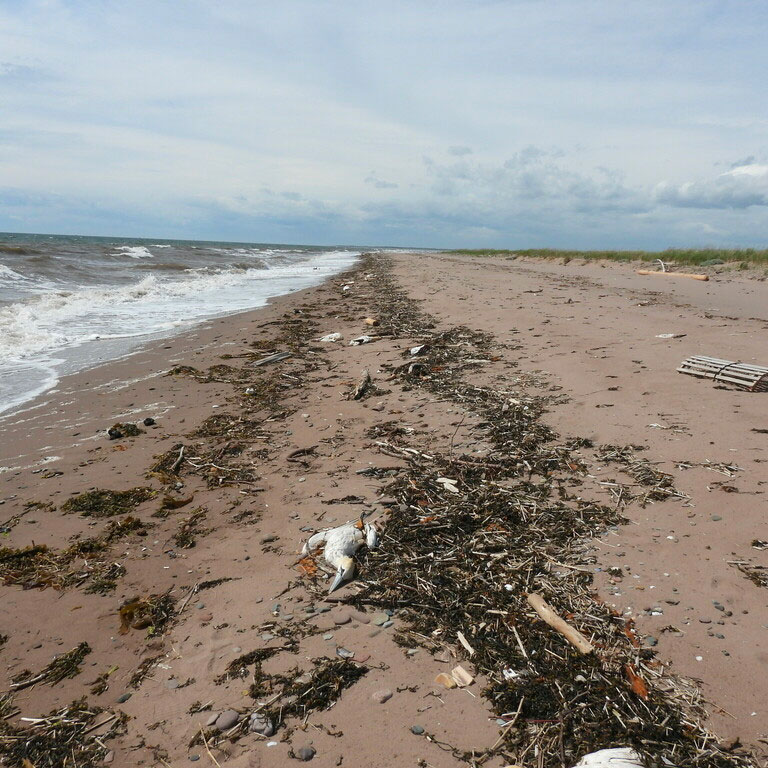
Forage Fish
Coordinator: Linda Welch · linda_welch@fws.gov
Focuses
- Developing and providing science-based information on seabird diets, foraging patterns, and associated habitat use to agencies in order to inform management needs
- Identifying priority forage resources for marine birds and working with partners on actions to manage and conserve them
- Linking forage fish information to marine bird colony information to better understand threats to productivity and populations
Representative Actions
Group members organized a workshop and drafted an associated white paper (submitted to Fish and Fisheries) compiling information on the ecological role of sand lance to marine birds and other marine species. Members also worked with the New England Fisheries Management Council to compile and incorporate information on potential impacts of the commercial U.S. herring fishery to seabirds in Amendment 8 of the Atlantic Herring Fishery Management Plan.
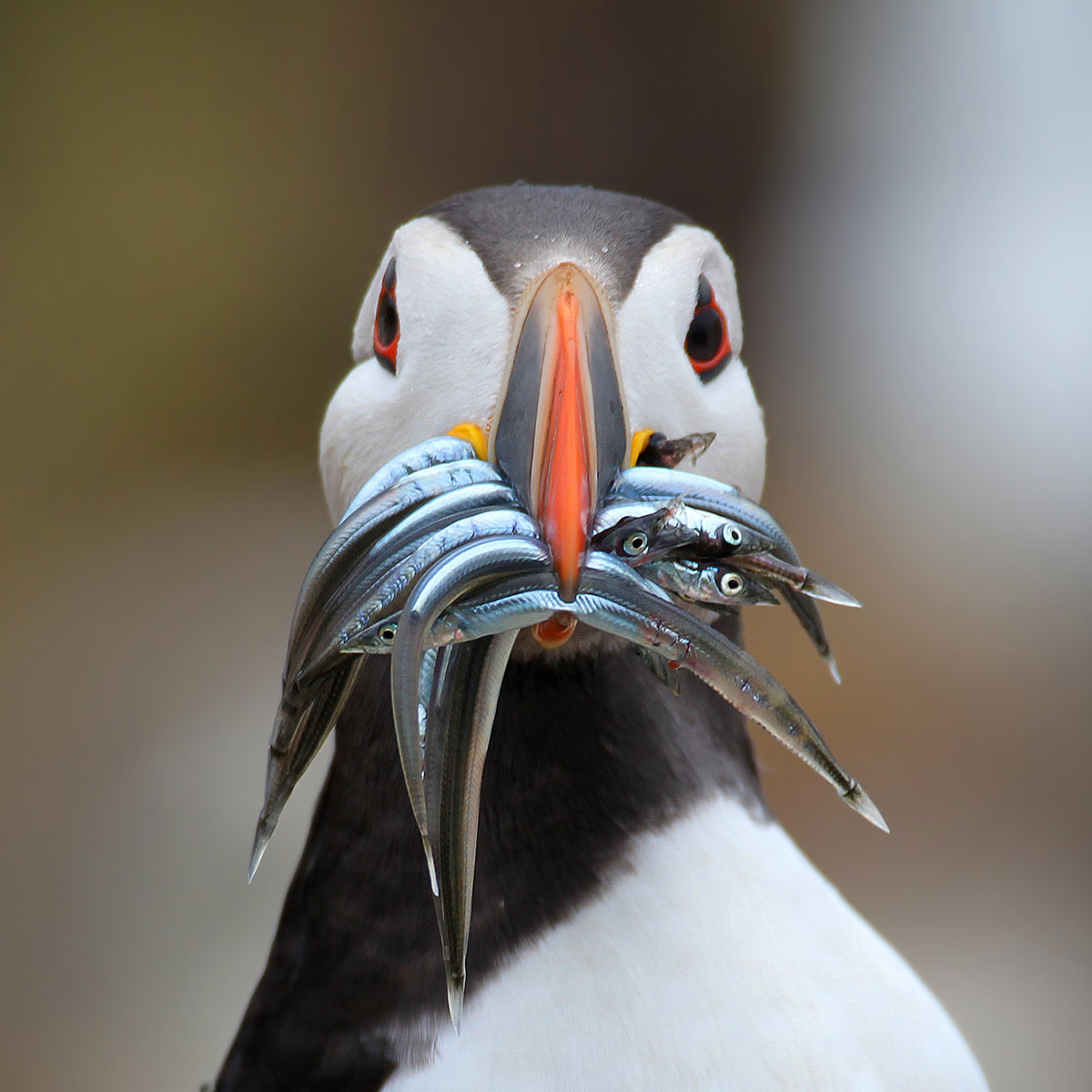
Marine Spatial Planning
Coordinator: Holly Goyert · holly.goyert@briwildlife.org
Focuses
- Identifying, synthesizing, evaluating, and utilizing information to understand bird abundance, distribution, and movement in the offshore environment
- Using offshore information to inform management and conservation decisions related to marine spatial planning
Representative Actions
This new group formed with the merging of two long-standing working groups, the Distribution and Abundance and Tracking Working Groups. Together, group members have undertaken numerous projects, many focused on informing offshore wind development, which have greatly improved our understanding of how birds use offshore waters of the northwest Atlantic. Representative efforts include the development of the Northwest Atlantic Seabird Catalog, comprehensive distribution and density models for marine birds in the Atlantic Outer Continental Shelf, the Mid-Atlantic and Maryland Baseline Studies, the Atlantic Marine Assessment Program for Protected Species (AMAPPS), and a several tracking projects focused on listed and focal marine birds.

Seabird Colonies and Adjacent Waters (SCAW)
Coordinator: Ruth Boettcher · ruth.boettcher@dwr.virginia.gov, https://www.scawwg.org
Focuses
- Working with partners to develop coordinated monitoring and assessment of seabird colonies along the North American Atlantic coast & U.S. Gulf coast in order to track population trends, and determine the affects of management and conservation activities
- Understanding and managing threats to seabird colonies by developing and sharing conservation tools and strategies
- Linking changes at colonies to broader ecology (e.g., forage fish)
Representative Actions
SCAW has worked with states and other partners to assess seabird management needs, and associated survey and data requirements. The group has also begun to help plan and organize consistent coordinated colonial waterbird surveys across U.S. Atlantic states (in collaboration with the Atlantic Flyway Council), and compile all historical data into a common repository for meeting management needs of multiple stakeholders. SCAW members have organized into regional sub-groups and identified priority conservation and management species in order to prioritize regional threats and associated actions.
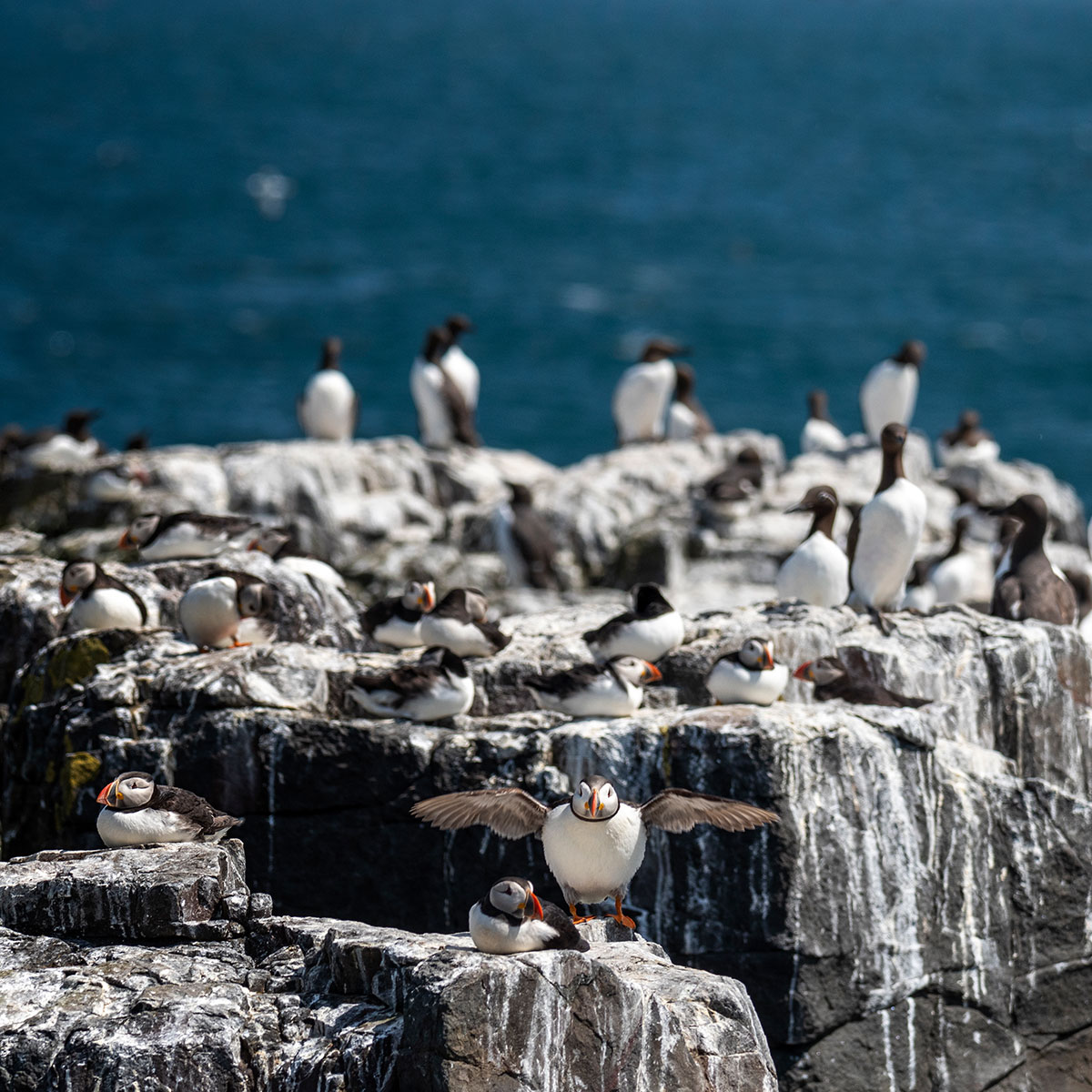
Working Groups Under Development
- Critical Areas & Connectivity – Proposed focus: Better identify critical areas and connectivity across life stages for priority marine birds (breeding, staging, molting, wintering)
- Effects of Climate Change – Proposed focus: Better understand how climate change is affecting northwest Atlantic marine birds. Could be incorporated into other working groups, rather than stand-alone.
- Marine Debris – Proposed focus: Understand effects of ghost gear, plastics, and other debris on priority northwest Atlantic marine birds, and develop actions to address
- Contaminants – Proposed focus: Identify effects of man-made pollutants on northwest on priority Atlantic marine birds, and develop actions to address
- Advocacy – Proposed focus: Advocate to lawmakers and managers for marine bird conservation in the northwest Atlantic. Some AMBC members would have limited engagement due to agency restrictions
- Funding – Proposed focus: Identify resources to facilitate priority AMBC actions. Attract new funders
- Outreach – Proposed focus: Convey information on AMBC priorities and actions to multiple stakeholders in order to achieve AMBC goals
If you have an interest in leading or participating in any of the Working Groups contact the working group leads. If you are interested in groups under development, please contact Caleb_Spiegel@fws.gov.
